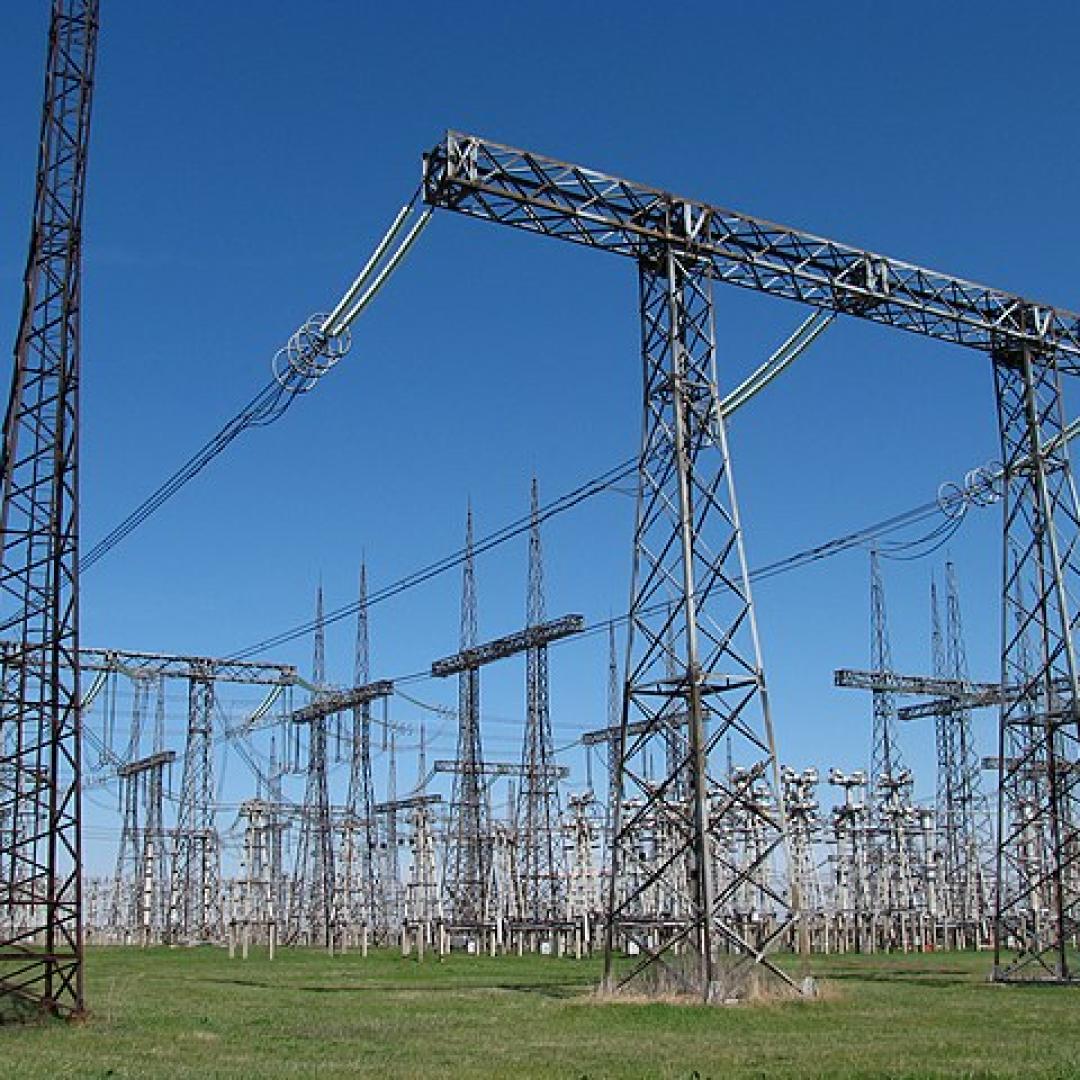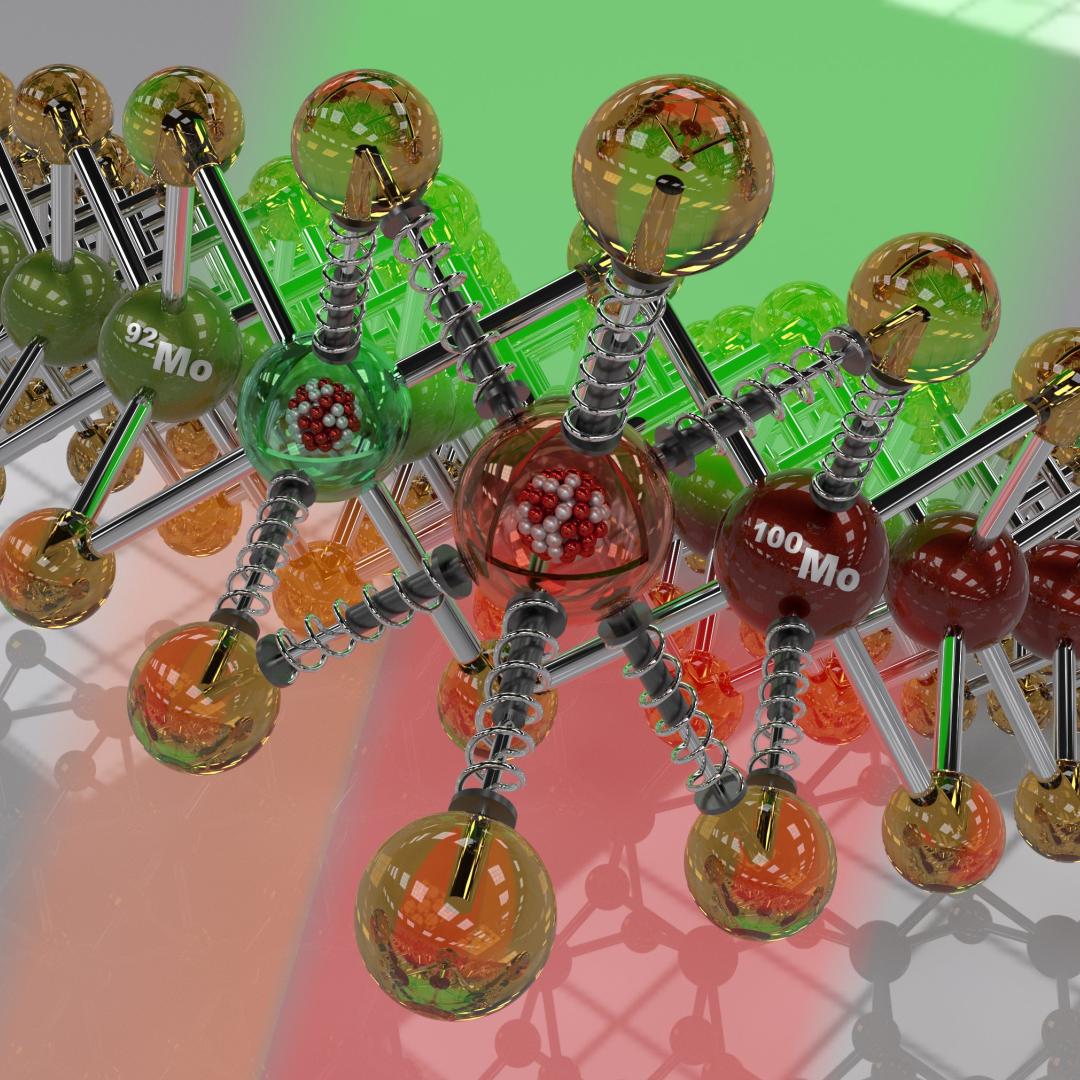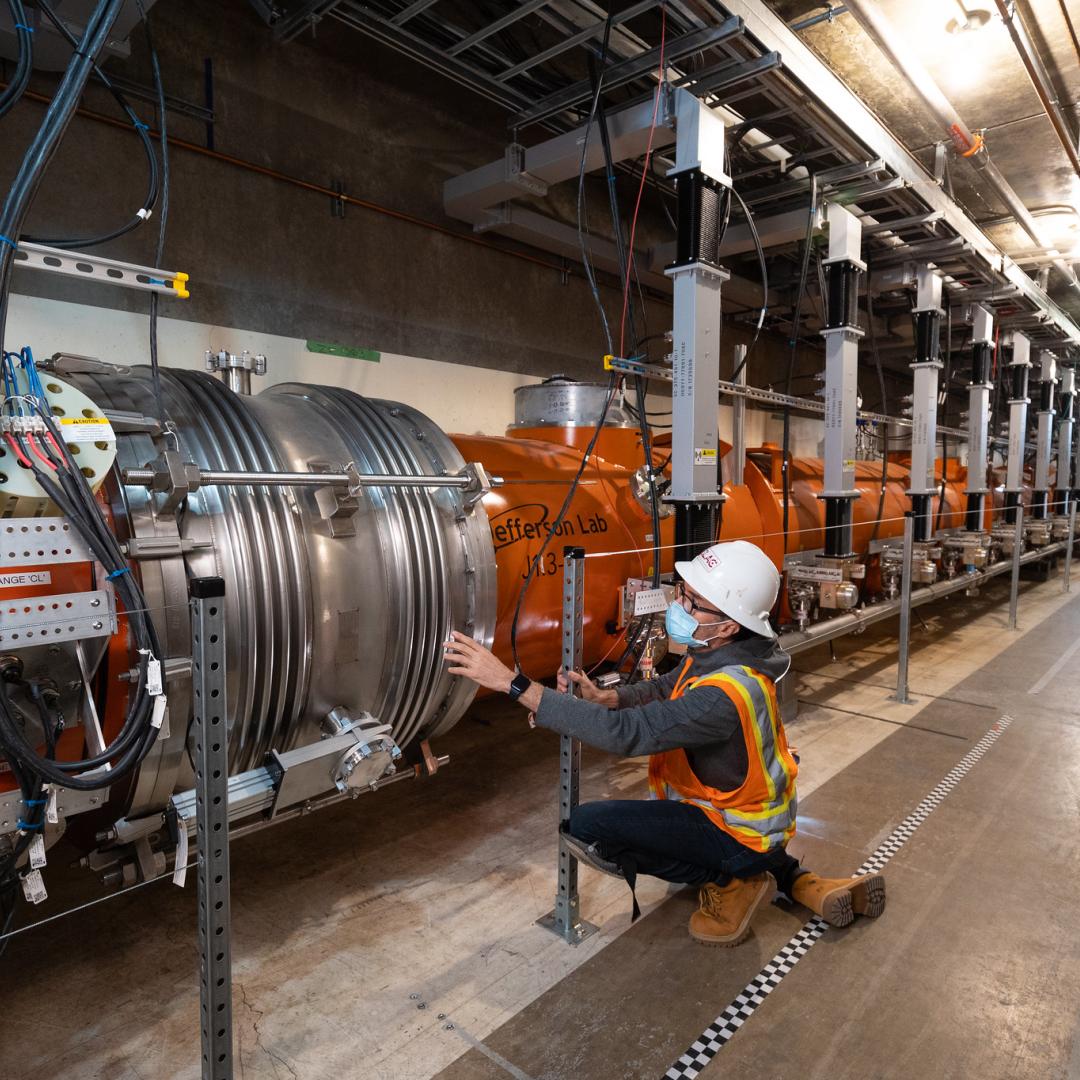Filter News
Area of Research
News Topics
- (-) Neutron Science (7)
- 3-D Printing/Advanced Manufacturing (13)
- Advanced Reactors (2)
- Artificial Intelligence (21)
- Big Data (15)
- Bioenergy (46)
- Biology (74)
- Biomedical (17)
- Biotechnology (13)
- Buildings (3)
- Chemical Sciences (12)
- Clean Water (11)
- Climate Change (43)
- Composites (5)
- Computer Science (36)
- Coronavirus (15)
- Critical Materials (1)
- Cybersecurity (19)
- Decarbonization (20)
- Energy Storage (8)
- Environment (91)
- Exascale Computing (5)
- Frontier (4)
- Fusion (2)
- Grid (9)
- High-Performance Computing (24)
- Hydropower (8)
- Isotopes (2)
- Machine Learning (19)
- Materials (13)
- Materials Science (9)
- Mathematics (3)
- Mercury (7)
- Microscopy (10)
- Molten Salt (1)
- Nanotechnology (8)
- National Security (35)
- Net Zero (2)
- Nuclear Energy (6)
- Partnerships (8)
- Physics (3)
- Polymers (2)
- Quantum Science (1)
- Renewable Energy (1)
- Security (12)
- Simulation (14)
- Summit (12)
- Sustainable Energy (32)
- Transformational Challenge Reactor (1)
- Transportation (5)
Media Contacts
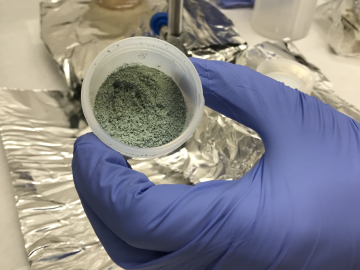
ORNL researchers used the nation’s fastest supercomputer to map the molecular vibrations of an important but little-studied uranium compound produced during the nuclear fuel cycle for results that could lead to a cleaner, safer world.

Three ORNL scientists have been elected fellows of the American Association for the Advancement of Science, or AAAS, the world’s largest general scientific society and publisher of the Science family of journals.

The Department of Energy’s Office of Science has selected five Oak Ridge National Laboratory scientists for Early Career Research Program awards.

Six ORNL scientists have been elected as fellows to the American Association for the Advancement of Science, or AAAS.
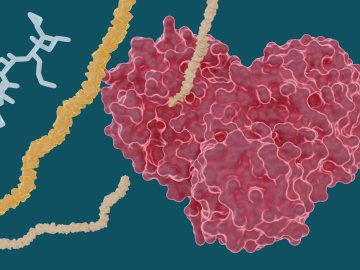
Experiments led by researchers at ORNL have determined that several hepatitis C drugs can inhibit the SARS-CoV-2 main protease, a crucial protein enzyme that enables the novel coronavirus to reproduce.
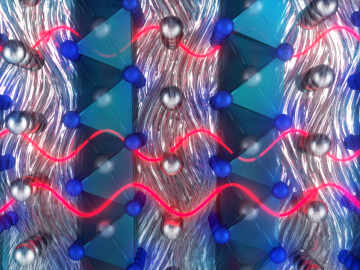
Research by an international team led by Duke University and the Department of Energy’s Oak Ridge National Laboratory scientists could speed the way to safer rechargeable batteries for consumer electronics such as laptops and cellphones.

In the race to identify solutions to the COVID-19 pandemic, researchers at the Department of Energy’s Oak Ridge National Laboratory are joining the fight by applying expertise in computational science, advanced manufacturing, data science and neutron science.


